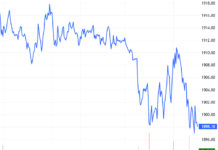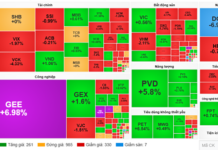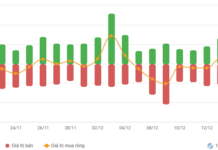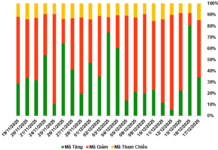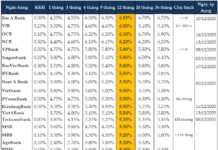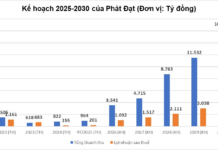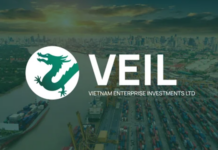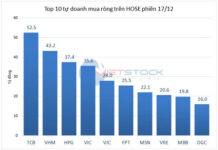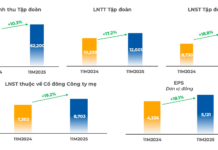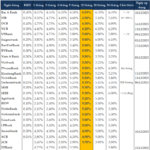Developing and growing brands through value enhancement is a strategic approach whereby businesses boost their brand equity by associating it with positive core values that resonate with their target audience.
This can be achieved through various means, such as product/service quality, corporate social responsibility, customer experience, and more.
Dr. Abel D. Alonso, Senior Lecturer in Global Business at RMIT University, speaking at the Vietnam National Brand Forum on April 16, 2024, highlighted that while larger Vietnamese firms are becoming more strategic about embedding core values in their brand building, there is still room for improvement when it comes to small- and medium-sized enterprises (SMEs).
According to an OECD report from 2021, SMEs account for 96% of all businesses, employ 47% of the workforce, and contribute 36% to Vietnam’s gross value added.
“The importance of SMEs in the Vietnamese economy cannot be overstated. Many have the potential to be national brands waiting to be unearthed and nurtured,” Dr. Alonso said.
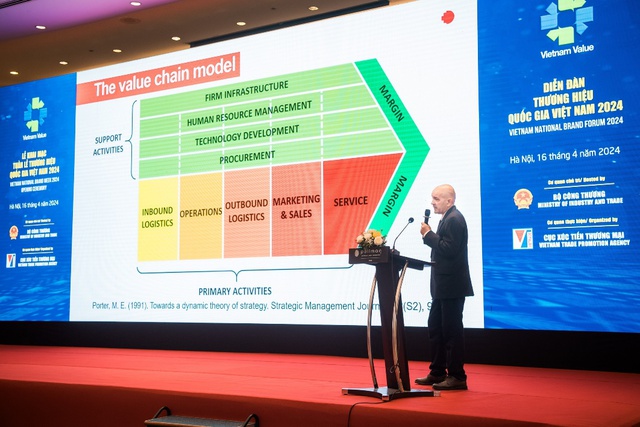
RMIT Senior Lecturer Dr. Abel D. Alonso presenting at the 2024 Vietnam National Brand Forum. (Photo: RMIT)
In Vietnam, several niche producers can currently be found in food, fashion, handicraft, and specialty products. Its rich natural and cultural heritage also means that many SMEs exist in the tourism and hospitality sectors. These are just a few of the many industries that could benefit from value-based branding efforts, according to Dr. Alonso.
Citing examples of success, Dr. Alonso suggested that brand building can be achieved through consistent storytelling and social media communication that emphasizes the product’s functional and emotional value. Maintaining a strong brand presence at events and through networking is also an effective approach.
“Another way of building brands is by elevating the product to another level,” Dr. Alonso said. “For example, a coffee producer can enhance its brand by developing sustainable coffee, providing on-farm accommodation, creating coffee-related tourism activities, or sharing stories about the farmers.”
“If there’s one guiding principle here, it’s that businesses must provide memorable experiences, sensations, and narratives while delivering consistent quality in their products and services – walking the talk,” he said.
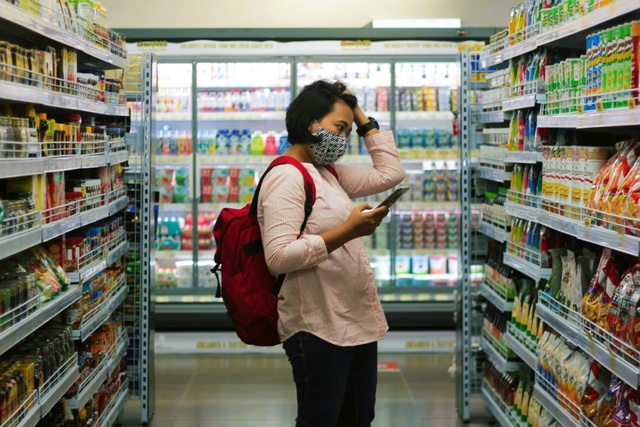
Businesses can enhance their brand equity by associating it with positive core values that resonate with their target audience. (Photo: Unsplash)
Head of the School of Global Business and Management at RMIT, Dr. Dang Thao Quyen, also emphasized the importance of quality to brand value.
She said that businesses need to invest properly and commit long-term to what they intend to sell in the market. To do this, they need to truly listen to their customers, understand the market, and constantly innovate.
“Vietnamese businesses should look to use Vietnamese identity to tell their stories to the world. They should try not to just follow trends, but to set and lead trends, such as in green products, sustainability, clean governance, and addressing inequality,” Dr. Quyen said.
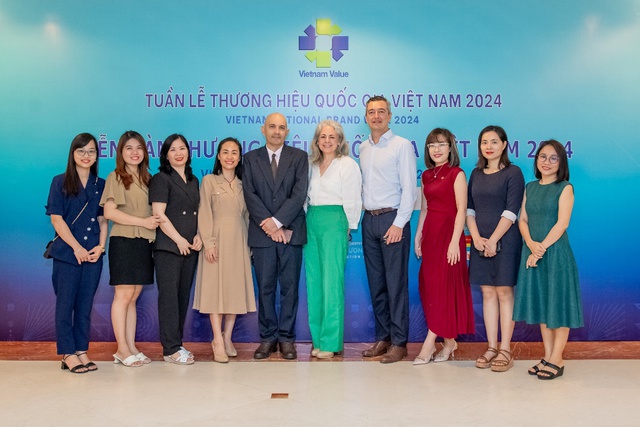
RMIT delegates at the 2024 Vietnam National Brand Forum. (Photo: RMIT)
Turning to sustainability, RMIT lecturer Dr. Vu Thi Kim Oanh said that there is growing interest in Vietnamese firms leveraging sustainability to enhance their branding, such as through Environmental, Social, and Governance (ESG) frameworks.
Preliminary results from a project measuring ESG readiness among Vietnamese firms undertaken by RMIT’s Global Business team show that many local businesses have recognized the diverse benefits of adopting ESG, including improving their profiles, attracting investment, and convincing customers abroad.
With a population of 100 million people, Vietnam’s share of global GDP at purchasing power parity is projected to rise to a new high of 0.97% by 2028, according to the International Monetary Fund.

